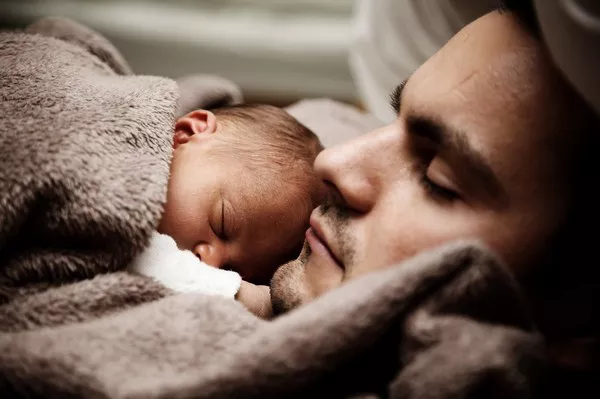Welcoming a newborn into the world brings immense joy, but it also comes with the responsibility of ensuring their well-being. One common concern for parents is understanding when to seek medical attention for a newborn cold. In this article, we will explore various aspects of newborn colds, providing insights into when you should be concerned and how long a cold typically lasts in a newborn.
Understanding Newborn Colds:
Newborn colds are not uncommon, and they can be caused by a variety of viruses. The keyword here is awareness – being attuned to your newborn’s health is crucial. A common misconception is that all colds are harmless, but in the case of a newborn, it’s essential to exercise caution.
When should I be concerned about my newborn’s cold?
Persistent Symptoms:
If your newborn’s cold symptoms persist for an extended period, it’s time to consider seeking medical attention. Persistent congestion, coughing, or difficulty breathing may indicate a more severe underlying issue that requires professional evaluation.
Fever in Newborns:
A fever in a newborn is always a cause for concern. If your newborn’s cold is accompanied by a fever, especially in the first three months of life, it’s advisable to consult with a healthcare professional promptly. Fever can be a sign of a more serious infection that requires medical intervention.
Breathing Difficulties:
Newborns are obligate nasal breathers, and any respiratory distress is a red flag. If your newborn’s cold leads to rapid breathing, flaring nostrils, or noticeable retractions (visible sinking of the chest between ribs), seek medical attention promptly.
Refusal to Feed:
A newborn cold might affect their ability or willingness to feed. If you notice a significant decrease in your baby’s feeding habits or if they refuse to feed altogether, consult with a healthcare provider. Maintaining proper nutrition is crucial for a newborn’s overall health and recovery.
How long will a cold last in a newborn?
Duration of Newborn Colds:
The duration of a newborn cold can vary, but on average, it may last anywhere from a few days to a couple of weeks. Newborns have developing immune systems, and their ability to fight off infections may take time. However, if symptoms persist beyond the usual duration, it’s time to seek medical advice.
Maternal Antibodies:
Newborns benefit from maternal antibodies transferred during pregnancy and through breastfeeding. These antibodies provide some protection against infections, including colds. However, the effectiveness of these antibodies diminishes over time, and if a cold persists, professional evaluation becomes crucial.
Hydration and Comfort Measures:
While waiting for a newborn cold to run its course, focus on providing comfort and ensuring proper hydration. Use a humidifier to add moisture to the air, making it easier for your baby to breathe. Additionally, saline drops and a bulb syringe can help clear nasal congestion, promoting better breathing.
Monitoring Symptoms:
Keep a close eye on your newborn’s symptoms throughout the course of the cold. If there is any worsening of symptoms or if new symptoms arise, it’s a signal to consult with a healthcare professional. Timely intervention can prevent the escalation of a minor cold into a more serious respiratory issue.
See Also: What to Do When Your Newborn Has a Cold?
Seeking Medical Attention
Consulting a Pediatrician:
If you are unsure about whether to take your newborn to the hospital for a cold, consulting with a pediatrician is always a prudent step. Pediatricians are trained to assess newborn health and can provide personalized advice based on your baby’s specific symptoms and medical history.
Emergency Warning Signs:
Certain symptoms should prompt immediate medical attention. These include persistent high fever, difficulty breathing, bluish tint to lips or face, and extreme lethargy. If you observe any of these emergency warning signs, do not hesitate to seek medical help immediately.
Conclusion:
Caring for a newborn with a cold requires a delicate balance between providing comfort at home and seeking medical attention when necessary. Understanding when to be concerned about a newborn cold and being proactive in seeking medical advice can contribute to the overall well-being of your precious little one. Always trust your parental instincts, and when in doubt, consult with healthcare professionals who can guide you through the challenges of navigating a newborn’s health.


